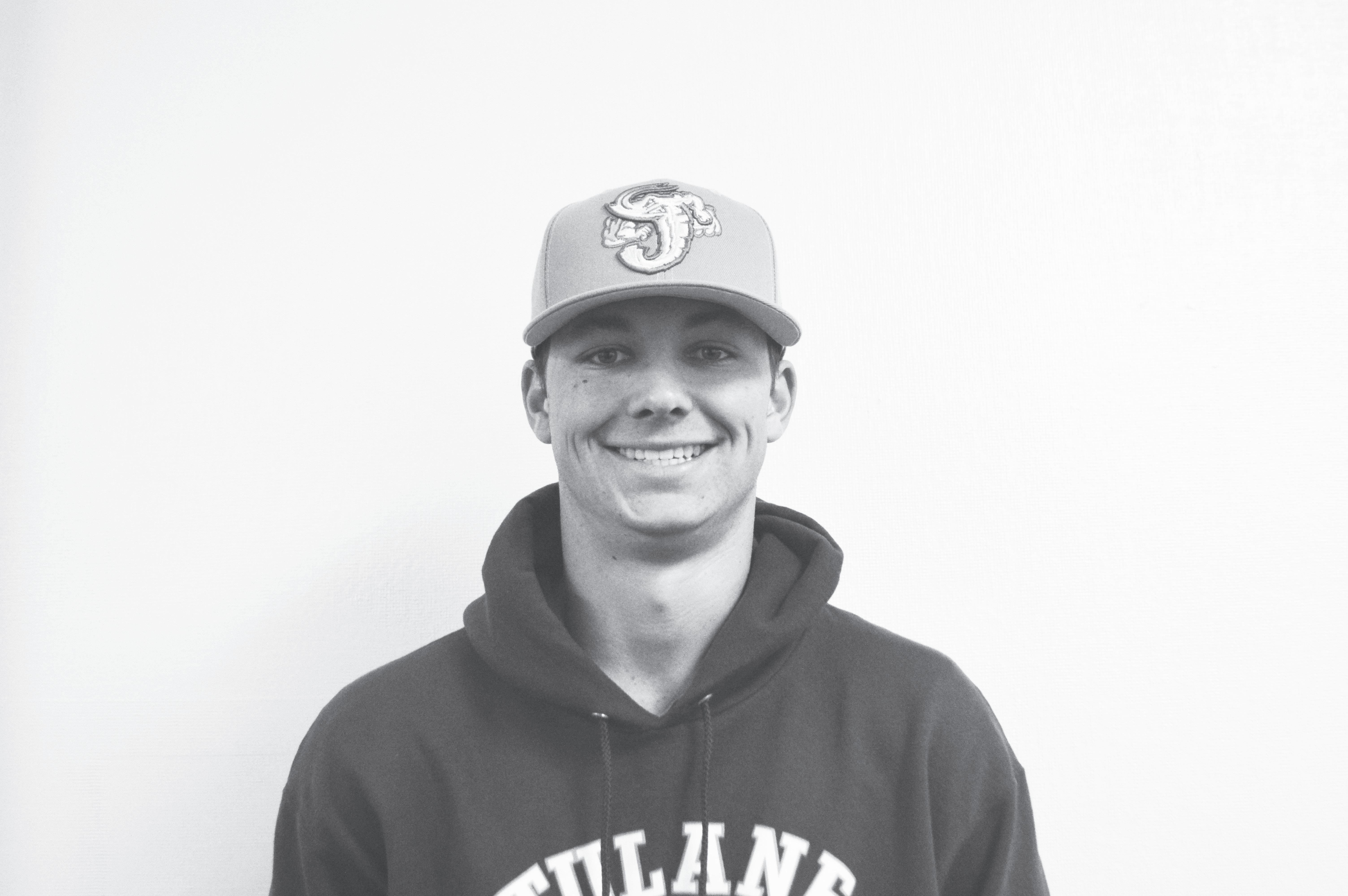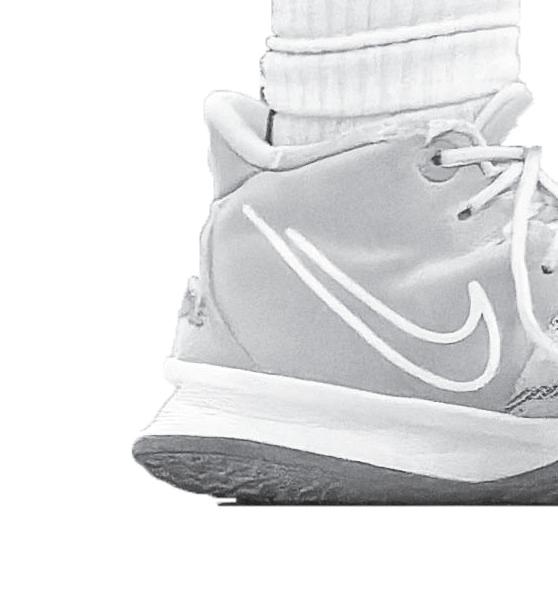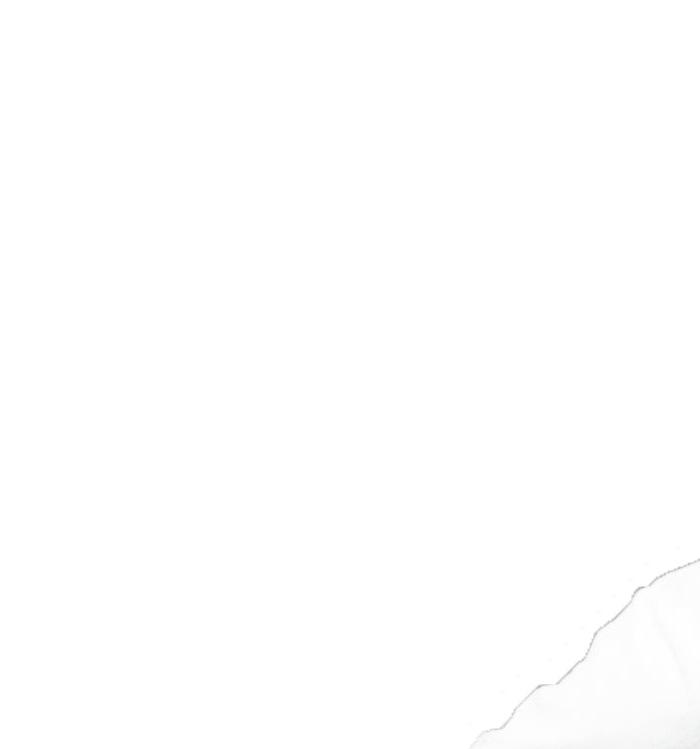
3 minute read
School curricula needs to emphasize Holocaust
by alyssa rice co-editor-in-chief
If people held a minute of silence for every victim of the Holocaust, they would be silent for over 11.5 years. Yet, many students across the country do not know about the events of the Holocaust and the tragic impact it had on individuals, families and communities worldwide.
Advertisement
Education on the Holocaust is lacking, and it is time to put greater emphasis on informing students about this pivotal event in world history.
Only 18 states have specific requirements for Holocaust and genocide education in schools, according to axios.com Furthermore, only five of these states had these requirements in place before 2017.
Only recently has a select portion of students had the opportunity to learn about the Holocaust in a detailed and meaningful way. Prior to 2017, Holocaust education was not emphasized, and many students graduated high school unaware of the impacts of this significant event in world history.
California is not a part of these 18 states, and its laws only mandate that “social studies should pay ‘particular attention to the study of the inhumanity of genocide, slavery, the Holocaust and contemporary issues,’” according to axios.com
While these laws are an important first step in emphasizing education about the Holocaust, the broad wording does not ensure students are being taught about the crucial details of it.
A variety of programs and resources exist with the purpose of educating people about the events of the Holocaust, including the Holocaust Museum L.A. and the U.S. Holocaust Memorial Museum. The latter provides a variety of digital resources, such as survivor testimonies and online exhibitions, that teachers can use to enhance education on the Holocaust and provide students with more meaningful and impactful learning.
Yet, without an emphasis on this topic, teachers will not include these resources in their lessons and thus, students will lack detailed knowledge on how tragic this genocide was for tens of millions of people.
Education on the Holocaust also combats misinformation and ignorance about the subject. In California, 37% of people cannot name a concentration camp or ghetto, and 32% of people believe only 2 million or fewer Jews were killed during the Holocaust, according to a 2020 survey from the Conference on Jewish Material Claims Against Germany.
Teaching students accurate facts ensures they understand the destructive magnitude of the Holocaust. Auschwitz was one of the largest death camps in Europe and contributed to the systematic murder of over 6 million Jews, yet one in three Californians do not know this information.
Students who received Holocaust education in high school report “having greater knowledge about the Holocaust than their peers … [and having] a greater willingness to challenge intolerant behavior,” according to a 2020 Echoes and Reflections U.S. College Survey. These students “are more open to differing viewpoints [and] show higher critical thinking skills.”

Holocaust education extends beyond not wanting to repeat the past. Students learn empathy, social responsibility, acceptance and advocacy against hateful speech, all of which are valuable traits during a time of hate and division.
Studying the Holocaust also provides students an opportunity to learn about the harm hate speech and propaganda can cause, especially when directed toward a marginalized group of people. Examining the effects of this communication results in students that think carefully about the media they are consuming and the effects their words have on others.
“I strongly believe that the most effective way to combat prejudice and hate is through education,” said Maya Sobel, an advocate for a Vermont Holocaust education bill, according to the Times Argus. “We need to start at a high school level to teach students the facts of the Holocaust and train them to critically think about the information they are consuming surrounding ethnic and religious minorities.”
With Holocaust denial and anti–semitism only increasing in recent years, it is especially important that younger generations learn about these topics. They can then speak out against hate and create a world that is accepting of everyone, regardless of religion.
The Holocaust is not just an event of the past, and 59% of Americans “believe something like the Holocaust could happen again,” according to a 2020 survey from the Conference on Jewish Material Claims Against Germany.

Students need to have an education that teaches them to meaningfully consider the ever–changing world around them. Including the Holocaust in school lesson plans is essential to help ensure that the mistakes of the past are never repeated.



























































